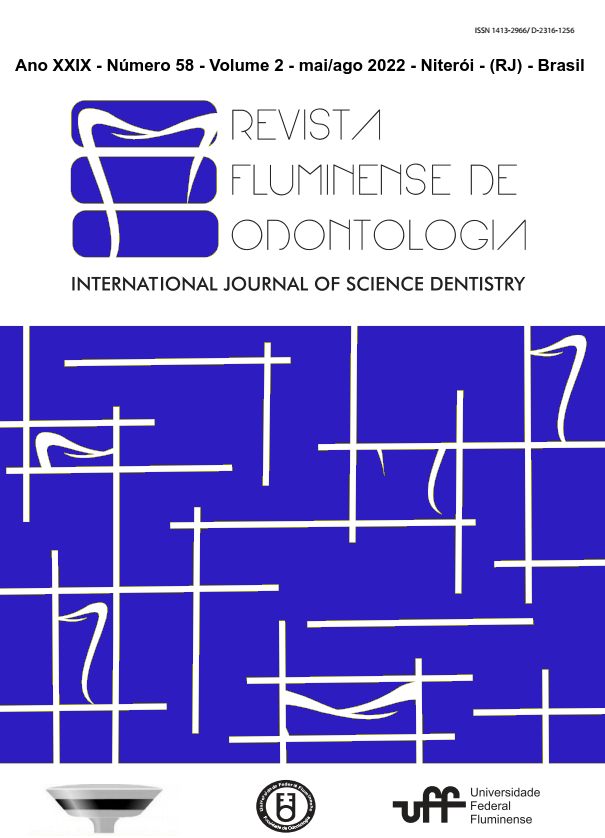SURGICAL TREATMENT OF ATROPHIC JAW FRACTURE
A LITERATURE REVIEW.
DOI:
https://doi.org/10.22409/ijosd.v2i58.52704Abstract
To analyze the management of fractures in atrophic mandible aimed at the surgical approach, emphasizing which technique is best indicated. Alveolar bone loss has been one of the consequences of edentulism, which has the potential to lead to bone atrophy. Atrophic jaw fractures are usually considered a challenging procedure, as they are found in elderly patients or due to early tooth loss, resulting in a more complex repair of these fractures. The main etiological factors have been described as car accidents, followed by falls and aggression. Commonly, the causes of falls stem from imbalance, muscle weakness, dizziness, and chronic use of medications such as sedatives. The therapeutic options aim to restore form, function and appropriate immobilization of this possible event. The individualization of the treatment of choice is of great importance, as the patient usually presents physiological changes resulting from aging and more brittle bones and a reduced osteogenic potential, which makes the surgical approach difficult. However, the patient's age, conditions and amount of bone and soft tissue must be taken into consideration for the management of these fractures. However, it is noteworthy that aging has no contraindication, it only requires special conditions that must be considered. In this sense, when there is an opportunity for technological devices, such as biomodels that significantly contribute to maxillofacial surgical procedures, it provides greater predictability of results, as well as reduced surgical time.
Keywords: Mandibular fracture; Atrophic jaw; Surgical treatment





